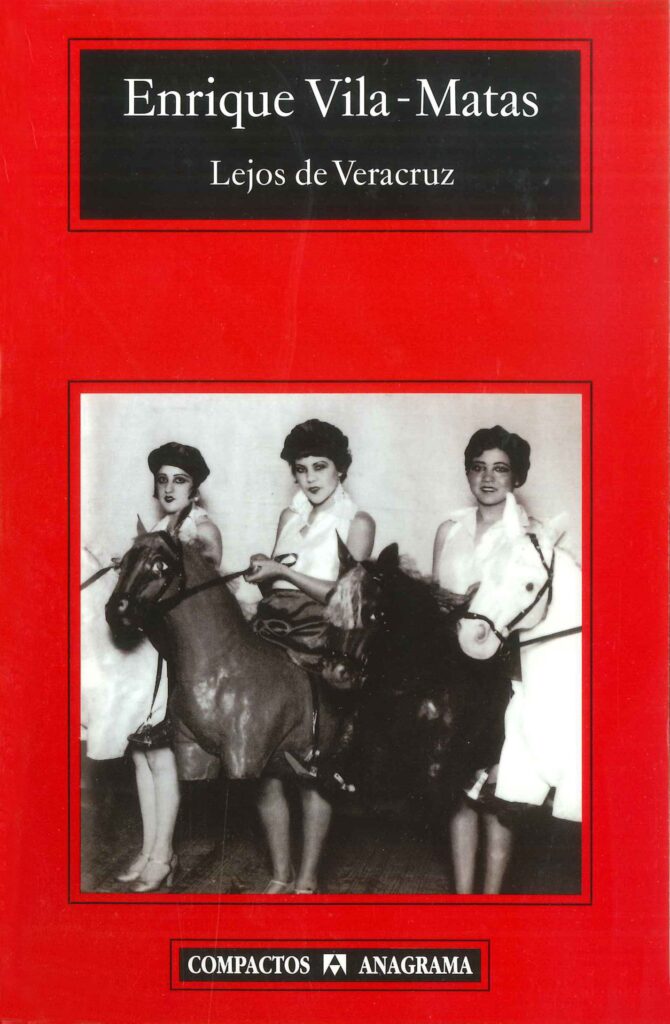«A metanovel, possibly the best published in this country in recent years...And with excellent results. Read it and pass it on.» Rafael Conte, ABC
«With this latest work, Vila-Matas has reached such a notable maturity and made such obvious progress that it might be difficult to perceive in the rest of our contemporary writers. A shining novel without a doubt.» Santos Alonso, Reseña
«Writing that borders on perfection.» Luis de la Peña, Quimera
«He digs like never before into his experience to set out, under the exaggerated moon of Veracruz, on his personal journey to the end of the night.» Ignacio Echevarría, El País
France: Bourgois; Portugal: Assírio & Alvim

